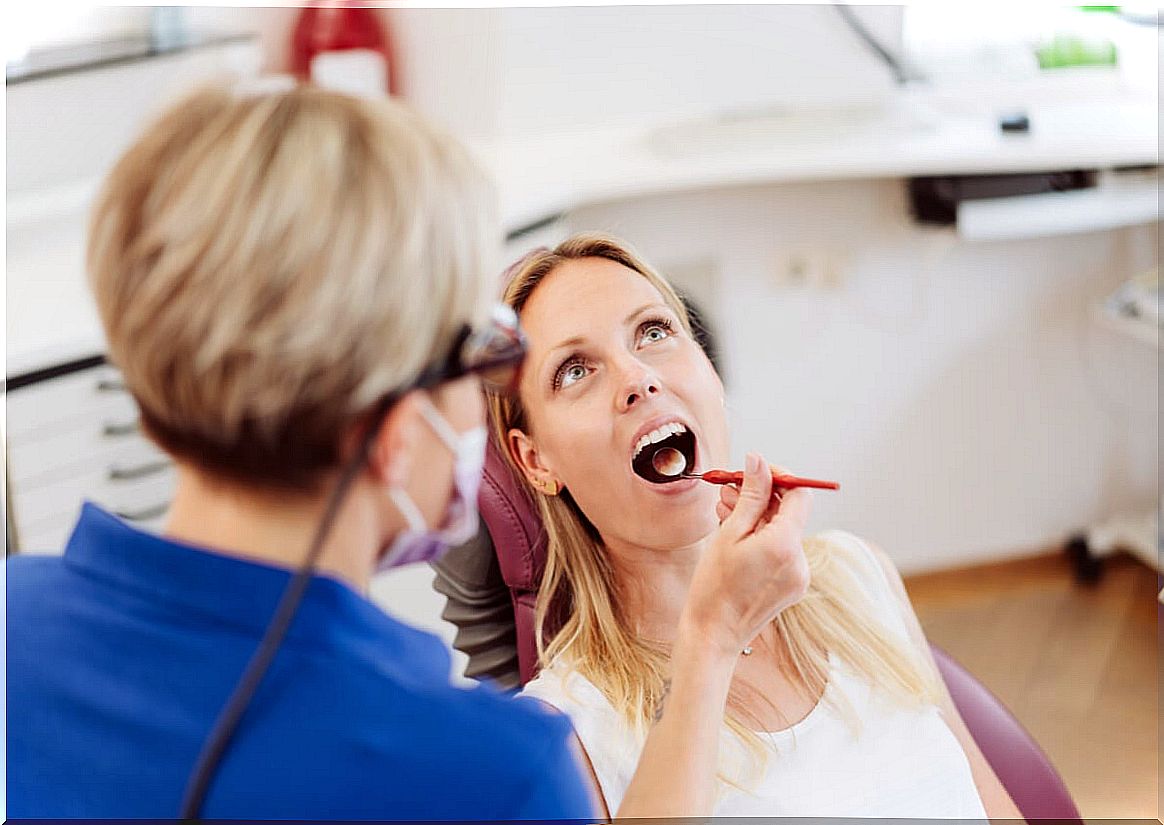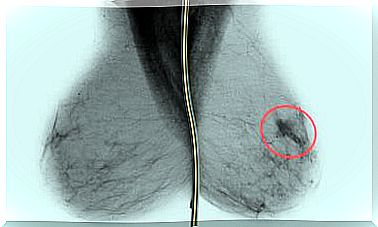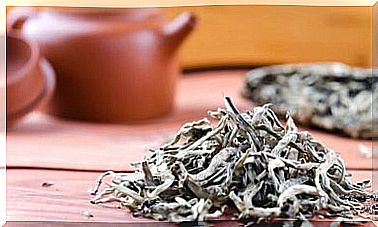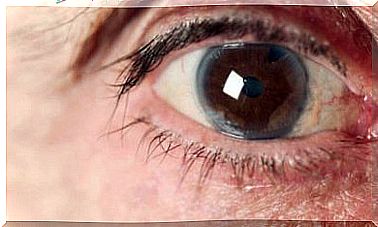What Is Holistic Dentistry And What Is It For?
Holistic dentistry is a type of complementary and alternative medicine that is dedicated to dental care. It uses methods and treatments different from those of traditional dentistry, taking a more natural approach.
The word holism comes from the Greek and means ‘whole’ or ‘entirely’. This philosophy postulates that systems and their properties must be analyzed in the whole that composes them and not through their separate parts.
The holistic gaze considers that all the structures of the body are related to each other. What happens in the mouth affects the rest of the body and what happens in other distant tissues also affects oral conditions.
Today, this new model of dentistry has become more popular. In this article we will tell you about its philosophy, the materials and treatments it uses and also the possible risks.
What is holistic dentistry?
Holistic dentistry, as we already mentioned, is one that takes care of the mouth by comprehensively and totally addressing the patient. It is also known as unconventional , alternative , natural , progressive , integrative, or biocompatible dentistry .
Consider that everything that happens has repercussions and affects the state of the mouth and vice versa. That is why it considers the physical, psychological, emotional and spiritual health of the person to address oral treatment.
Thus, the state of the oral cavity is conceived as a manifestation of the conditions of the body, of the habits and customs of the person and even of their emotions and feelings.
Possible benefits and advantages
One of the greatest advantages of holistic dentistry is the use of materials and techniques that are respectful of the patient and the environment. Minimally invasive procedures are preferred and the use of metals is avoided as much as possible.
Another favorable aspect is that anyone, regardless of age, can access this type of treatment.

Possible contraindications to holistic dentistry
There are some situations in which holistic dentistry may not be the appropriate solution to oral problems. They would be, in principle, the following:
- High risk of cavities: holistic dentistry avoids the use of fluoride, which may increase the risk of dental caries in these patients.
- Serious dental infections – A severe ongoing infection should be treated immediately with the use of antibiotics and a root canal to preserve the tooth. Holistic dentistry may suggest tooth extraction as it is not in favor of root canals.
- Chronic Medication – Regular use of prescribed medication can interact with natural herbal remedies used in holistic dentistry.
- Pre-existing conditions: The safety of holistic dentistry for people with chronic conditions is not yet known. More research is needed on this.
Some postulates of holistic dentistry
We already mentioned that the holistic dentistry vision considers the whole human being for oral care. Including physical, emotional and spiritual health is the basis of the treatments. Below we mention the characteristic dental aspects of this philosophy.
Treatment methods
By taking into account all areas of life, treatments do not focus on working uniquely on the oral cavity. Complete wellness is considered.
Thus, therapeutics can include variants such as nutritional education, ayurveda, homeopathy, herbology, Bach flowers, aromatherapy, hypnosis, spiritual healing and electroacupuncture, among others.
Materials
The use of natural or biocompatible materials is one of the premises of holistic dentistry. Biocompatibility tests of products to be used with the body of the person are common. It is determined if the substances they contain are suitable for the body and its immune system.
They try to avoid metals that are frequently used in conventional dentistry. They are replaced by other products:
- If the patient has old silver amalgams, holistic dentists propose their removal. They are disposed of safely to avoid any type of environmental contamination. In its place another material is placed. During its removal there is a risk of damaging healthy dental tissue.
- Fillings and fillings are made with composite resins, a more biocompatible material than amalgam. It is the product of choice today, both in holistic and conventional dentistry, due to its high resistance and aesthetic finish.
- Dentures and bridges are made of zirconia, ceramic, or disilicate to avoid metal.
- If a restoration with implants is to be done, the material of choice is zirconium.
- Sleep apnea and bruxism treatments are performed with special devices that work non-invasively. They are made with resins.
- Other materials used in holistic dentistry include propolis, herbal tooth powder, and neem paste (a tropical plant from Asia).
Position on the use of fluorides
Fluoride is a natural mineral that helps prevent cavities. Its use is not a practice supported by holistic dentistry.
Professionals in this branch consider it a neurotoxin whose indiscriminate use would be harmful to the body. In reality, scientific studies on the matter only contain evidence that excessive consumption of this mineral causes dental fluorosis.
When opting for other products for the prevention of cavities and the strengthening of the teeth, ozone therapy is presented as an option. It is one of the practices that are usually used to fortify teeth.
Using high-tech and avoiding X-rays
Holistic dentistry uses minimally invasive treatments and modern, cutting-edge technology. These include low radiation dose 3D digital X-rays, laser gum therapy, and impression scanning.
In conventional dentistry, X-rays are used in necessary circumstances as a complementary diagnostic method. Its use is another aspect that the holistic current rejects.
The rationale is that the low doses used in dental appliances do not in themselves cause injury, but they can accumulate and damage tissue in the long term.
Avoid root canals
Holistic dentistry does not carry out this common practice that allows teeth to be treated and kept in the mouth when the pulp is inflamed or dead. The use of chemical substances to clean the root canals is one of the causes of their rejection of this approach.
Some holistic dentists associate root canals with the presence of other diseases in the body or with conditions of the immune system. But there are no scientific works that support these sayings.
The option offered by this approach model is the extraction of the teeth. This implies losing a tooth that for functionality and aesthetics must then be replaced artificially.
Main differences with traditional dentistry

Some of the positions that holistic dentists have and that differentiate them from traditional dentists have already been mentioned. His preference for herbal remedies, replacement of amalgam fillings, rejection of fluoride and X-rays, root canals and other dental materials are the most notable characteristics.
Both the traditional and the holistic dentist receive their education and their foundations in the university career of dentistry. But the holistic dentist also trains and explores other areas that are not taught in medical schools.
Holistic dentistry offers traditional and complementary dental care. The practice of alternative methods is common in these professionals and is an aspect to be carefully evaluated when choosing this trend.
Studying its safety, effectiveness and alternatives is essential to avoid taking risks. Theories are not always scientifically proven. The approach to nutritional and psychological aspects by professionals whose training was in dentistry may not be sufficient compared to health personnel who were educated in these disciplines.
Traditional dentistry, on the other hand, bases its practices and treatments on foundations with scientific evidence. The knowledge acquired in endorsed dental schools and updates based on accredited research inform their actions.
Although general health knowledge is taken into account, the field of action is limited to proceeding in the oral system about which there is more knowledge.
A dentist for every health philosophy
In dental practice, whether from a holistic or traditional approach, the person has to be treated as a whole and their physical, emotional and social aspect should be taken into account. Holistic dentistry offers other non-traditional therapies that can help some people who share these beliefs or who are not convinced by the usual methods.
Some of the practices and foundations of this dental trend have not been sufficiently studied. That is why it is important, when choosing a professional who uses unconventional methods, to investigate their practices. Finding a licensed and licensed dentist is essential to avoid taking chances.
Choosing between a holistic or traditional dentist should match the philosophy and lifestyle that the patient already has. The health approach must be similar to the beliefs, customs and knowledge of the person. Above all, the professional must be able to give you security and confidence.









